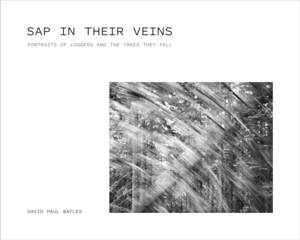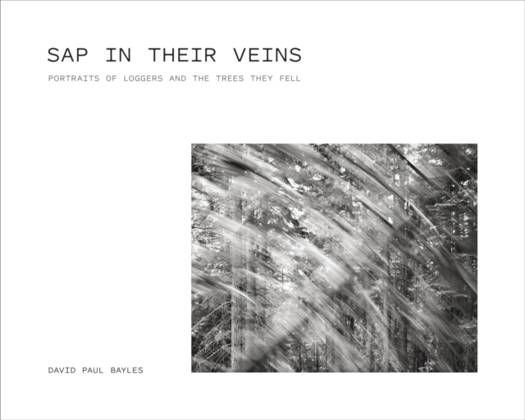
- Afhalen na 1 uur in een winkel met voorraad
- Gratis thuislevering in België vanaf € 30
- Ruim aanbod met 7 miljoen producten
- Afhalen na 1 uur in een winkel met voorraad
- Gratis thuislevering in België vanaf € 30
- Ruim aanbod met 7 miljoen producten
SAP in Their Veins
Portraits of Loggers and the Trees They Fell
David Paul BaylesOmschrijving
In 1972 David Paul Bayles left the suburbs of Los Angeles for a summer job as a logger. Then, instead of heading off to photography school in the fall as planned, he stayed. Four years later, celebrating the end of his last day of logging with his crewmates over a few beers, the woods boss toasted him: "We wish you well in photo school and please don't forget us dirty old loggers."
Bayles didn't. A decade later he returned to the forests of the northern Sierras, Mount Shasta, and Redwood coast regions to create a photo exhibition that traveled through California and Oregon. In 2004 he expanded the project, focusing on how northern California's logging industry had changed and altered the lives and culture of the men with whom he'd spent long days working in forests, men who worked with their hands and intuition. He discovered that with the increased industrialization of the forest and the arrival of machine-oriented tree felling, work that had relied on experience in meeting challenges, on camaraderie and trust, was in danger of becoming more like a robotically-operated assembly line. As one logger told Bayles, "They're taking the Paul Bunyan out of logging."
There's a poignancy to these portraits and the stories they tell of changing times, hard times, and the humor found in between the dire risks loggers encounter every day. Bayles' photographs and oral histories introduce us to men who love the forests in which they've spent, and sometimes risked, or lost, their lives. Many lament the unnecessary loss of trees and the advent of practices favoring quick profits over safety and sustainability. Bayles' work is a testament and tribute to a fast-disappearing chapter of American woodsmen, one that may soon be forgotten.
Specificaties
Betrokkenen
- Auteur(s):
- Uitgeverij:
Inhoud
- Aantal bladzijden:
- 152
- Taal:
- Engels
Eigenschappen
- Productcode (EAN):
- 9780870712418
- Verschijningsdatum:
- 15/09/2023
- Uitvoering:
- Hardcover
- Formaat:
- Genaaid
- Afmetingen:
- 290 mm x 234 mm
- Gewicht:
- 1111 g

Alleen bij Standaard Boekhandel
Beoordelingen
We publiceren alleen reviews die voldoen aan de voorwaarden voor reviews. Bekijk onze voorwaarden voor reviews.













